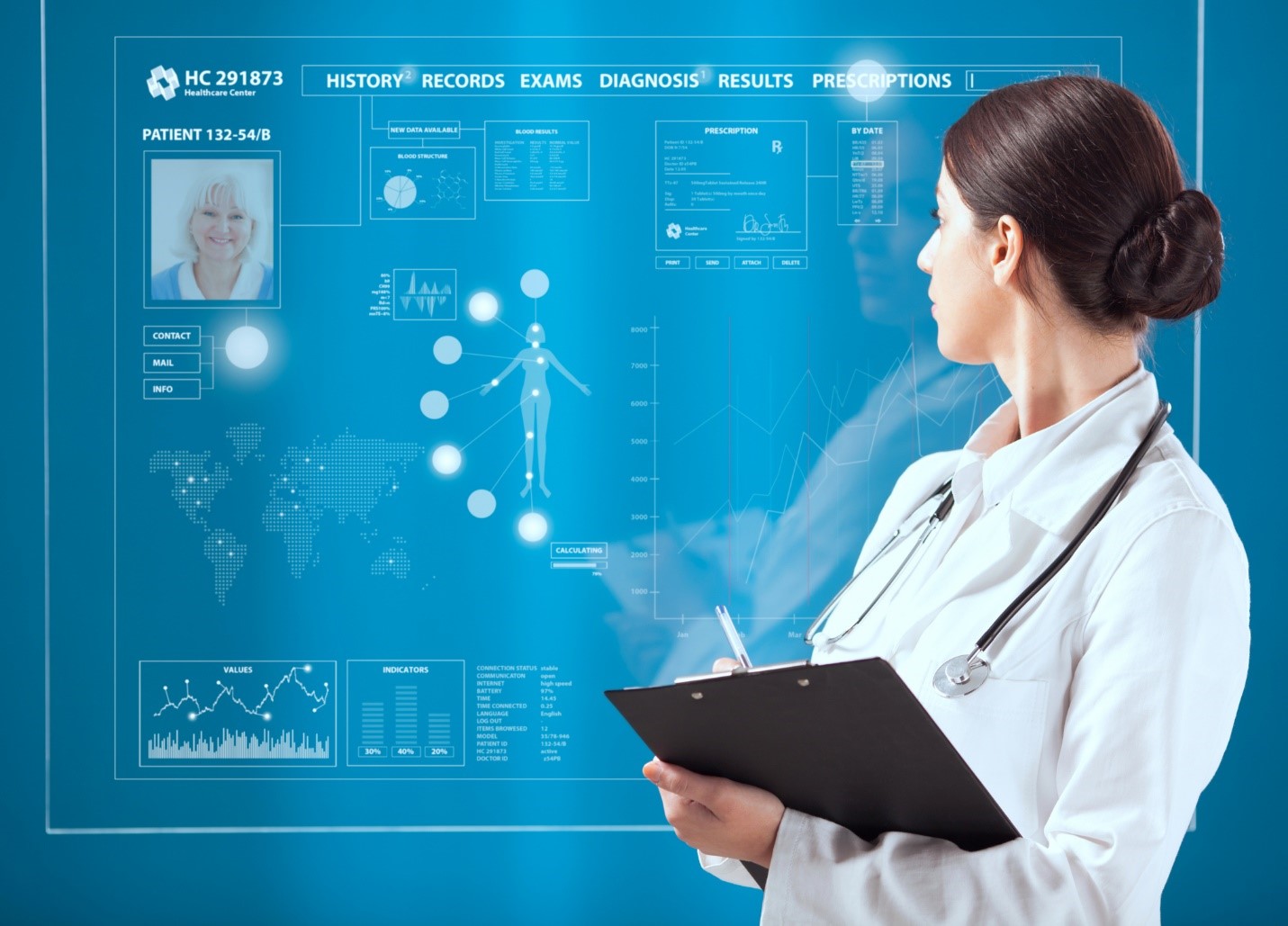In the evolving landscape of healthcare, the integration of technology has become indispensable. Among the most transformative technological advancements is the utilization of Big Data. Big Data refers to the vast volumes of structured and unstructured data that are generated, processed, and analyzed to extract meaningful insights. In healthcare, Big Data is reshaping decision-making processes, enhancing patient outcomes, and driving operational efficiencies. This article explores the pivotal role of Big Data in healthcare decision-making, emphasizing its benefits, challenges, and future prospects.
The Benefits of Big Data in Healthcare
Enhanced Patient Care
One of the primary benefits of Big Data in healthcare is its potential to significantly enhance patient care. By aggregating data from various sources such as electronic health records (EHRs), wearable devices, and genomic sequences, healthcare providers can gain comprehensive insights into a patient’s health status. This holistic view enables personalized treatment plans, early diagnosis of diseases, and proactive management of chronic conditions. For instance, predictive analytics can identify patients at risk of developing complications, allowing for timely interventions and reducing hospital readmissions.
Operational Efficiency
Big Data also plays a crucial role in improving the operational efficiency of healthcare organizations. By analyzing data on patient flow, resource utilization, and staff performance, healthcare administrators can optimize scheduling, reduce wait times, and allocate resources more effectively. For example, predictive modeling can forecast patient admissions, enabling hospitals to manage bed capacity and staffing levels more efficiently. This not only enhances the patient experience but also reduces operational costs.
Research and Development
In the realm of medical research, Big Data is a game-changer. It accelerates the discovery of new treatments and therapies by enabling researchers to analyze vast datasets quickly and accurately. Big Data analytics can identify patterns and correlations that would be impossible to detect using traditional research methods. This facilitates the development of precision medicine, where treatments are tailored to the genetic makeup and lifestyle of individual patients. Additionally, Big Data supports clinical trials by streamlining patient recruitment, monitoring, and data collection processes.

Challenges in Implementing Big Data in Healthcare
Despite its numerous benefits, the implementation of Big Data in healthcare is not without challenges. These challenges must be addressed to fully harness the potential of Big Data in healthcare decision-making.
Data Privacy and Security
One of the foremost concerns is data privacy and security. Healthcare data is highly sensitive, and any breach can have severe consequences for patients and healthcare providers. Ensuring the confidentiality, integrity, and availability of data is paramount. This requires robust cybersecurity measures, compliance with regulations such as the Health Insurance Portability and Accountability Act (HIPAA), and the development of secure data-sharing protocols.
Data Integration
Healthcare data is often siloed across different systems and formats, making data integration a significant challenge. To derive actionable insights, data from EHRs, laboratory systems, imaging systems, and other sources must be seamlessly integrated. This requires interoperability standards and advanced data integration technologies. Moreover, data quality is critical; incomplete or inaccurate data can lead to erroneous conclusions and suboptimal decision-making.
Skill Gaps
The effective use of Big Data in healthcare also demands a skilled workforce proficient in data analytics, machine learning, and artificial intelligence. However, there is a noticeable skill gap in the healthcare industry. Bridging this gap requires investment in education and training programs to equip healthcare professionals with the necessary skills to leverage Big Data tools and technologies effectively.
Future Prospects of Big Data in Healthcare
The future of Big Data in healthcare is promising, with several emerging trends poised to further revolutionize the industry.
Artificial Intelligence and Machine Learning
The integration of artificial intelligence (AI) and machine learning (ML) with Big Data analytics is set to transform healthcare decision-making. AI and ML algorithms can analyze complex datasets at unprecedented speeds, uncovering insights that can inform clinical decisions, optimize treatment protocols, and predict patient outcomes. For example, AI-powered diagnostic tools can analyze medical images with high accuracy, assisting radiologists in detecting abnormalities.

Real-Time Analytics
Real-time analytics is another promising trend. By leveraging real-time data from wearable devices, remote monitoring systems, and IoT-enabled medical equipment, healthcare providers can make immediate, data-driven decisions. This is particularly beneficial in critical care settings, where timely interventions can save lives. Real-time analytics also supports population health management by monitoring public health trends and enabling rapid responses to emerging health threats.
Blockchain Technology
Blockchain technology holds potential for addressing data privacy and security challenges. By providing a decentralized and immutable ledger, blockchain can enhance the security and transparency of healthcare data transactions. This can facilitate secure data sharing among healthcare providers, researchers, and patients, fostering collaboration and innovation while protecting patient privacy.
Conclusion
Big Data is undeniably a powerful tool in healthcare decision-making, offering numerous benefits in patient care, operational efficiency, and medical research. However, its successful implementation requires addressing challenges related to data privacy, integration, and skill gaps. As technology continues to advance, the integration of AI, real-time analytics, and blockchain technology will further enhance the capabilities of Big Data in healthcare. By embracing these innovations, the healthcare industry can achieve a new paradigm of data-driven decision-making, ultimately improving patient outcomes and operational efficiencies.
In conclusion, the role of Big Data in healthcare decision-making is both transformative and indispensable. As the healthcare industry continues to evolve, the strategic use of Big Data will be instrumental in driving innovation, improving patient care, and achieving sustainable growth.




